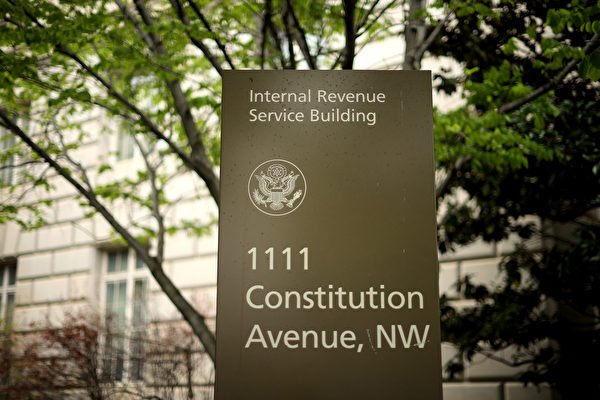The United States Internal Revenue Service (IRS) announced on Tuesday, October 22, its adjustments to the federal income tax brackets and dozens of other provisions for the 2025 tax year. The changes include increases in estate tax and gift tax exemptions, as well as higher tax rates for long-term capital gains.
In its announcement on Tuesday, the IRS stated that for the 2025 tax year, the estate tax exemption will be raised. The basic exemption amount for the estates of deceased residents in 2025 will be $13.99 million, compared to $13.61 million for residents who passed away in 2024.
This exemption amount refers to the assets that can be transferred estate tax-free, applicable to both lifetime and posthumous transfers of taxable assets.
For the 2025 calendar year, the annual gift tax exemption on assets will increase to $19,000, up from $18,000 in the 2024 calendar year.
The IRS has also adjusted the income thresholds for various capital gains tax payments based on inflation rates. Low-income and some middle-income taxpayers can enjoy a 0% tax rate when selling stocks or other appreciated assets.
In the 2025 tax year, the 0% tax rate will apply to individual taxpayers with incomes not exceeding $48,350 and married couples filing jointly with incomes not exceeding $96,700.
Individual taxpayers with incomes between $48,350 and $533,400 will pay a 15% tax rate, while those with incomes exceeding $533,400 will pay a 20% tax rate.
For married couples filing jointly, those with incomes between $96,700 and $600,050 will pay a 15% tax rate, and those with incomes above $600,050 will pay a 20% tax rate.
These provisions pertain to the taxable income from long-term capital gains, applicable to assets held for over a year.
After 2025, if Congress does not take action, the higher estate tax and gift tax exemptions implemented by former President Trump will expire. If the provision lapses, the exemptions will revert to 2017 levels adjusted for inflation. According to data from the nonpartisan think tank Tax Policy Center, due to the enactment of the Tax Cuts and Jobs Act in 2018, the federal government doubled the exemption amount to $11.18 million.

